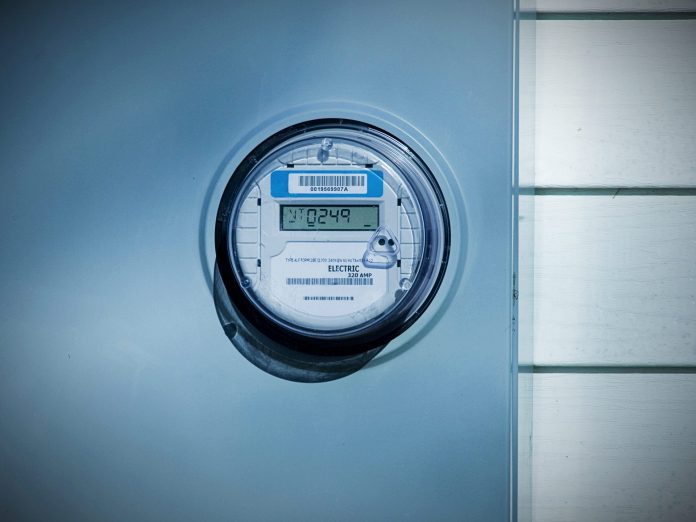The German government has passed a bill, to come into force in the next few months, to accelerate smart electricity meter rollout by removing competition restrictions on hardware selection and making grid operators shoulder more of the cost. The Ministry for Economic Affairs and Climate Action has set a 2030 deadline for the energy sector to deploy smart meters nationwide, with a view to have the digital infrastructure for a “close-to zero-energy supply”.
The new act is to “relaunch the digitisation of the energy transition”. It will “bring digitisation and the smart meter rollout to a new level as a prerequisite for speeding up the energy transition”, it said. From 2025, all electricity suppliers (not only those with 100,000-plus consumers, as now) will be required to offer dynamic tariffs for customers to shift demand away from peak times when renewable electricity is readily available and prices are lower.
A statement said: “Smart meters form part of the digital infrastructure and are therefore an essential element of a close to zero emissions energy system characterised by fluctuating demand and volatile generation. They also provide consumers with more precise and meaningful information about their energy use. In order to quickly ensure legal certainty for the acceleration of the smart meter rollout, the act is to enter into force this spring.”
The ministry has decided the country’s ‘three manufacturer’ rule, which prescribed multiple manufacturers for each development stage, should be dropped on the grounds “the range of smart meter gateways available on the market is now sufficient”. It stated: “Going forward, the pace will be set by the most innovative manufacturer and that it will no longer be necessary to wait for three manufacturers to achieve the same level of technological development.”
It has further relaxed the rules to accelerate meter deployments. Certified devices can now be installed for consumers of up to 100,000 kWh and generators of up to 25 kW even if certain hardware functionalities are unavailable – on the basis they can be patched-in later in software. “Grid operators, market players, and electricity customers… will receive the device earlier with the opportunity to add functionalities later,” it said.
The ministry has ruled the cost of metering (“€20 per year” per device) is shared “more fairly” – with grid operators bearing most of the cost in return for most from the service. It has said data sharing is to be expanded and data privacy is to be improved, at the same time. The new act also “strengthens the possibility” to install meter gateways at grid connection points – where they are “best… as a security safeguard for relevant energy-related applications.”
The act stipulates that standardisation efforts by the Federal Office for Information Security (BSI) focus on meter gateways – “to strengthen the role of gateways as a secure communication platform and to make standardisation easier”. There is also a focus on streamlining secure delivery and storage of smart meter gateways (“secure supply chain”) – which is “unnecessarily hampering the rollout at the moment”, it said.
Robert Habeck, Germany’s minister for economic affairs, said: “Today’s decision… is a key element in the transformation of our energy supply. We are phasing out of fossil fuels, we are in the midst of it, but all the different elements need to work together intelligently. We need to press ahead with expanding renewable energy and press ahead also with amending and improving the system as a whole. This is what today’s decision is about.
“Expanding renewable energy [and increasing] use of electric vehicles and heat pumps requires us to connect electricity in an intelligent way. The energy supply of the future will be much more flexible and consequently more complex, which is why we need smart meters and the digitisation of the energy transition. The bill we tabled today sets down a clear roadmap for the rollout, making it more systematic, faster to implement, and less bureaucratic.”

